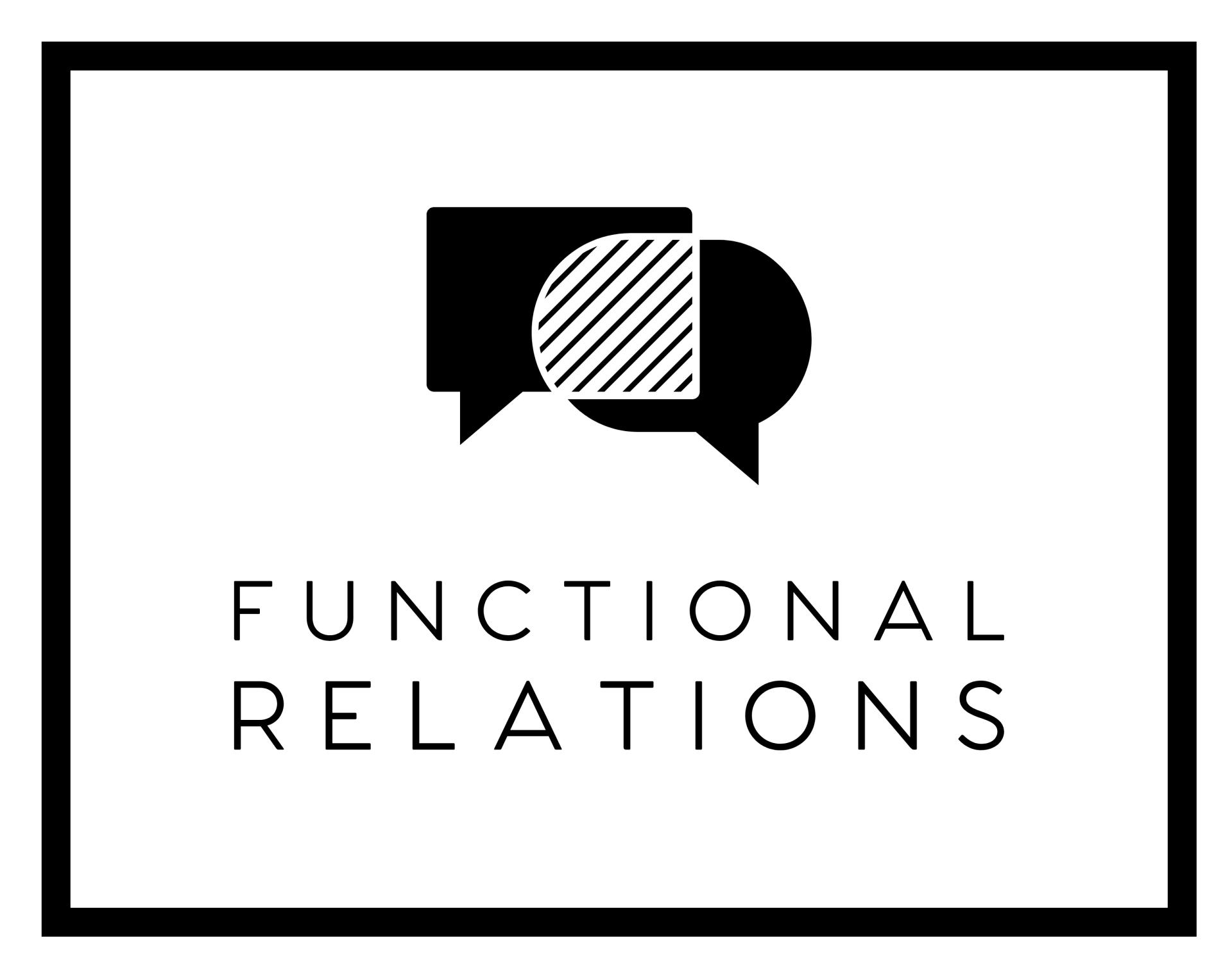#31 - Challenging the 4-Function Worldview w/ Dr. Adithyan "Dithu" Rajaraman
Haven't listened to the episode yet?
Show Notes
-
About the episode
In this episode, Zach and Caleb are joined by Dr. Adithyan "Dithu" Rajaraman where the discussion focuses on challenging the 4-function worldview in the context of assessing and treating problem behavior. Two general CEs are available for this episode. -
Things to check out from the episode:
To learn more about FTF, check out: https://www.ftfbc.com
To connect with Dithu and the FTF team for a number of different types of support in serving individuals with severe problem behavior (among other behavioral challenges), click here: https://ftfbc.com/contact-us/
References
Pertaining to Mand compliance:
1. Seminal Paper: Bowman, L. G., Fisher, W. W., Thompson, R. H., & Piazza, C. C. (1997). On the relation of mands and the function of destructive behavior. Journal of applied behavior analysis, 30(2), 251-265.
2. Literature review: Rajaraman, A., & Hanley, G. P. (2021). Mand compliance as a contingency controlling problem behavior: A systematic review. Journal of Applied Behavior Analysis, 54(1), 103-121.
Pertaining to the evolution of functional analysis:
1. Carr, E. G. (1977). The motivation of self-injurious behavior: a review of some hypotheses. Psychological bulletin, 84(4), 800.
2. Iwata, B. A., Dorsey, M. F., Slifer, K. J., Bauman, K. E., & Richman, G. S. (1994). Toward a functional analysis of self‐injury. Journal of applied behavior analysis, 27(2), 197-209.
3. Hanley, G. P., Iwata, B. A., & McCord, B. E. (2003). Functional analysis of problem behavior: A review. Journal of applied behavior analysis, 36(2), 147-185.
On Literature reviews:
Narrative review examples:
1. Thompson, R. H., & Iwata, B. A. (2005). A review of reinforcement control procedures. Journal of applied behavior analysis, 38(2), 257-278.
2. Friman, P. C., Hayes, S. C., & Wilson, K. G. (1998). Why behavior analysts should study emotion: The example of anxiety. Journal of applied Behavior analysis, 31(1), 137-156.
3. Rajaraman, A., Austin, J. L., Gover, H. C., Cammilleri, A. P., Donnelly, D. R., & Hanley, G. P. (2022). Toward trauma‐informed applications of behavior analysis. Journal of Applied Behavior Analysis, 55(1), 40-61.
Systematic or Scoping review (not meta-analyses) examples relevant to the discussion:
1. Jessel, J., Hanley, G. P., & Ghaemmaghami, M. (2020). On the standardization of the functional analysis. Behavior analysis in practice, 13, 205-216.
2. Ghaemmaghami, M., Hanley, G. P., & Jessel, J. (2021). Functional communication training: From efficacy to effectiveness. Journal of applied behavior analysis, 54(1), 122-143.
3. Howell, M., Dounavi, K., & Storey, C. (2019). To choose or not to choose?: A systematic literature review considering the effects of antecedent and consequence choice upon on-task and problem behaviour. Review Journal of Autism and Developmental Disorders, 6, 63-84.
4. Hustyi, K. M., Logue, J. J., & Hall, S. S. (2025). Skill-based treatment for challenging behavior in autism spectrum disorder: A scoping review of treatment characteristics and outcomes. Research in Autism Spectrum Disorders, 119, 102523.
5. Cengher, M., Bowman, M. D., Shawler, L. A., & Ceribo‐Singh, M. S. M. (2022). A systematic review of mands for information. Behavioral Interventions, 37(3), 864-886.
Meta-analyses examples relevant to the discussion:
1. Gover, H. C., Hanley, G. P., & Ruppel, K. W. (2022). On the generality of preference for contingent reinforcement. Journal of Applied Behavior Analysis, 55(2), 318-336.
2. Slaton, J. D., & Hanley, G. P. (2018). Nature and scope of synthesis in functional analysis and treatment of problem behavior. Journal of Applied Behavior Analysis, 51(4), 943-973.
3. Layman, L. N., Dufrene, B. A., Ackley, M. M., Weaver, C. M., Schneider, D. E., LaBrot, Z. C., ... & Olmi, D. J. (2024). Interview-informed synthesized contingency analyses on challenging problem behavior: A single-case meta-analysis. Review Journal of Autism and Developmental Disorders, 11(3), 640-658. -
Support our podcast
To further support us, check out our silly video at www.patreon.com/functionalrelationspodcast.




